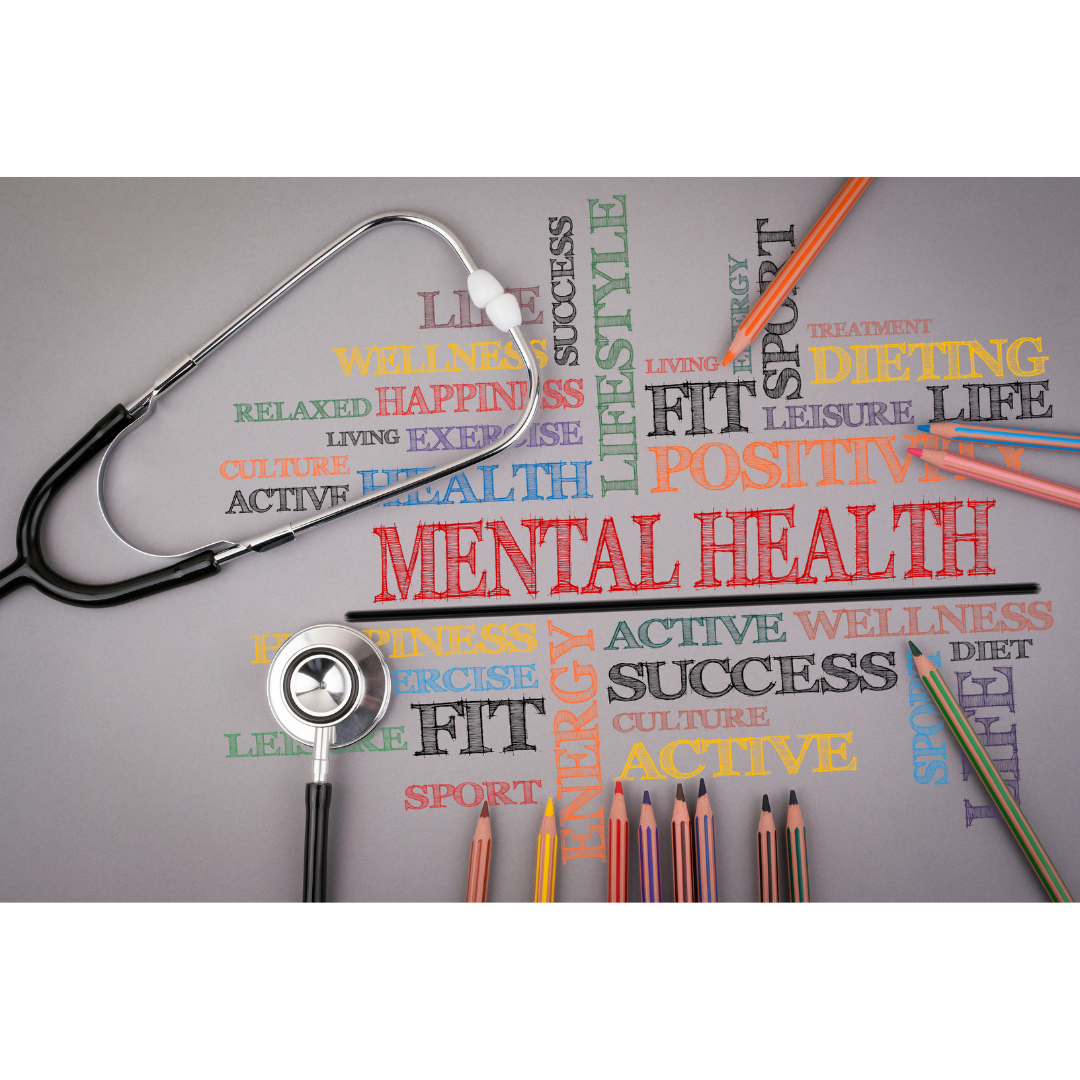
The Importance of Mental Health Screening During Mental Health Awareness Month
Share
Take Care of Yourself: May is Mental Health Awareness Month
Mental Health Awareness Month is an annual event held each May to raise awareness about mental health issues and reduce the stigma surrounding adult and adolescent mental health.
The purpose of Mental Health Awareness Month is to:
- Increase public understanding
- Encourage help-seeking
- Foster a supportive environment
- Advocate for change
What Is Mental Health Screening and Why Is It Important
Mental health screening plays a crucial role in the early identification and intervention of mental health issues. It allows individuals to recognize potential problems and connect with appropriate support and treatment from a mental health provider.
Mental health screening is essential for several reasons:
- Early detection
- Reducing stigma
- Prevention
- Access to support and treatment
What is the relationship between mental health screening and awareness:
Mental health screening and awareness are closely interconnected. By promoting awareness about mental health issues, more people are likely to recognize the importance of mental health screening, leading to early detection and intervention. Conversely, mental health screening contributes to increased awareness by:
- Normalizing mental health conversations
- Educating the public
- Encouraging help-seeking behaviors
- Informing policy and funding
Common Mental Health Conditions and Screening Tools
Mental health conditions encompass a wide range of disorders that can impact individuals in various ways, affecting their thoughts, emotions, and behaviors. Some of the most prevalent mental health conditions include:
- Depression
- Anxiety Disorders
- Post-traumatic Stress Disorder (PTSD)
- Bipolar Disorder
- Schizophrenia
Accurate diagnosis and treatment are essential for individuals struggling with mental health conditions. Each mental health condition has a screening tool that was developed especially for the diagnosis of that condition.
Overcoming Barriers to Mental Health Screening
Common barriers to mental health screening may include:
- lack of awareness about available resources
- fear of being stigmatized
- logistical challenges like limited access to mental health professionals
- financial constraints
Strategies for overcoming these barriers include:
- Public awareness campaigns
- education programs
- increasing access to resources, such as online screenings or teletherapy
Mental health providers also play a crucial role in addressing barriers by advocating for increased access to services and collaborating with community organizations. A health care professional and licensed clinical social workers can provide education and training to help individuals recognize the signs of mental health conditions and understand the importance of seeking help.

Innovative Approaches to Mental Health Screening
As technology continues to advance and our understanding of mental health improves, we can expect more sophisticated and personalized mental health screening tools to emerge. These developments have the potential to revolutionize mental health care by enabling early detection, prevention, and more targeted interventions.
FAQs
Q: What is the purpose of mental health screening?
Answer: The purpose of mental health screening is to identify mental health conditions early and provide appropriate treatment and support.
Q: Who should undergo mental health screening?
Answer: Anyone who is experiencing symptoms of a mental health condition, or who has a family history of mental illness, should consider undergoing mental health screening.
Q: What happens during a mental health screening?
Answer: Mental health screening typically involves answering questions about your symptoms, medical history, and lifestyle. It may also include physical exams and lab tests.
Q: How can I access mental health screening resources?
Answer: Mental health screening resources are available through primary care providers, behavioral health service organizations, and online screening.

healed-ish sweatshirts help normalize conversations about mental health screening.
Conclusion
The importance of mental health screening in promoting early detection and prevention cannot be overstated. Mental health screening plays a crucial role in identifying symptoms and conditions before they escalate, allowing for timely intervention and treatment. Early detection not only helps individuals receive the appropriate support and care they need but also contributes to better mental health outcomes in the long run. Furthermore, prevention efforts can reduce the overall burden of mental health issues on individuals, families, and society by addressing risk factors and promoting resilience and well-being.
The relationship between mental health screening and reducing stigma is significant. By integrating mental health screening into routine healthcare practices and various settings such as schools and workplaces, we normalize conversations around mental health and demonstrate that mental health is just as important as physical health.
As more people engage in mental health screening and openly discuss their experiences, misconceptions and stigma surrounding mental health conditions are gradually diminished. This increased awareness and understanding can encourage others to seek help without fear of judgment or discrimination.
Mental Health Awareness Month serves as a reminder of the importance of prioritizing mental health screening, but this emphasis should extend beyond this designated period. Encouraging mental health screening throughout the year can help individuals become more proactive in monitoring their mental well-being and seeking help when necessary. Consistent efforts to promote mental health screening can lead to a more informed and compassionate society that understands the value of mental health and is better equipped to support those affected by mental health conditions. By fostering a culture that prioritizes mental health, we can work together to break down barriers, reduce stigma, and create a world where everyone has the opportunity to thrive.
If you or someone you know is struggling with depression, there are resources available to help. The National Suicide Prevention Lifeline provides 24/7 free, and confidential support for people in distress. You can call the crisis lifeline by dialing 988 or 800-273-TALK (8225).

